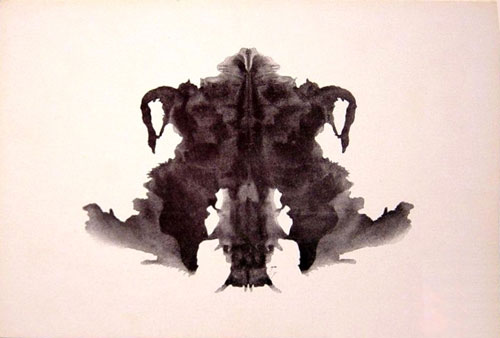Cheating on the Rorschach test

After someone posted all ten of the Rorschach inkblots to Wikipedia along with the most common responses to them, some psychologists cried foul, saying that the responses could be used by people to “cheat” on the tests.
“The more test materials are promulgated widely, the more possibility there is to game it,” said Bruce L. Smith, a psychologist and president of the International Society of the Rorschach and Projective Methods, who has posted under the user name SPAdoc. He quickly added that he did not mean that a coached subject could fool the person giving the test into making the wrong diagnosis, but rather “render the results meaningless.”
To psychologists, to render the Rorschach test meaningless would be a particularly painful development because there has been so much research conducted - tens of thousands of papers, by Dr. Smith’s estimate - to try to link a patient’s responses to certain psychological conditions. Yes, new inkblots could be used, these advocates concede, but those blots would not have had the research - “the normative data,” in the language of researchers - that allows the answers to be put into a larger context.
I was not aware that the inkblot tests were even in use anymore…seems like an antiquated technique.





Stay Connected